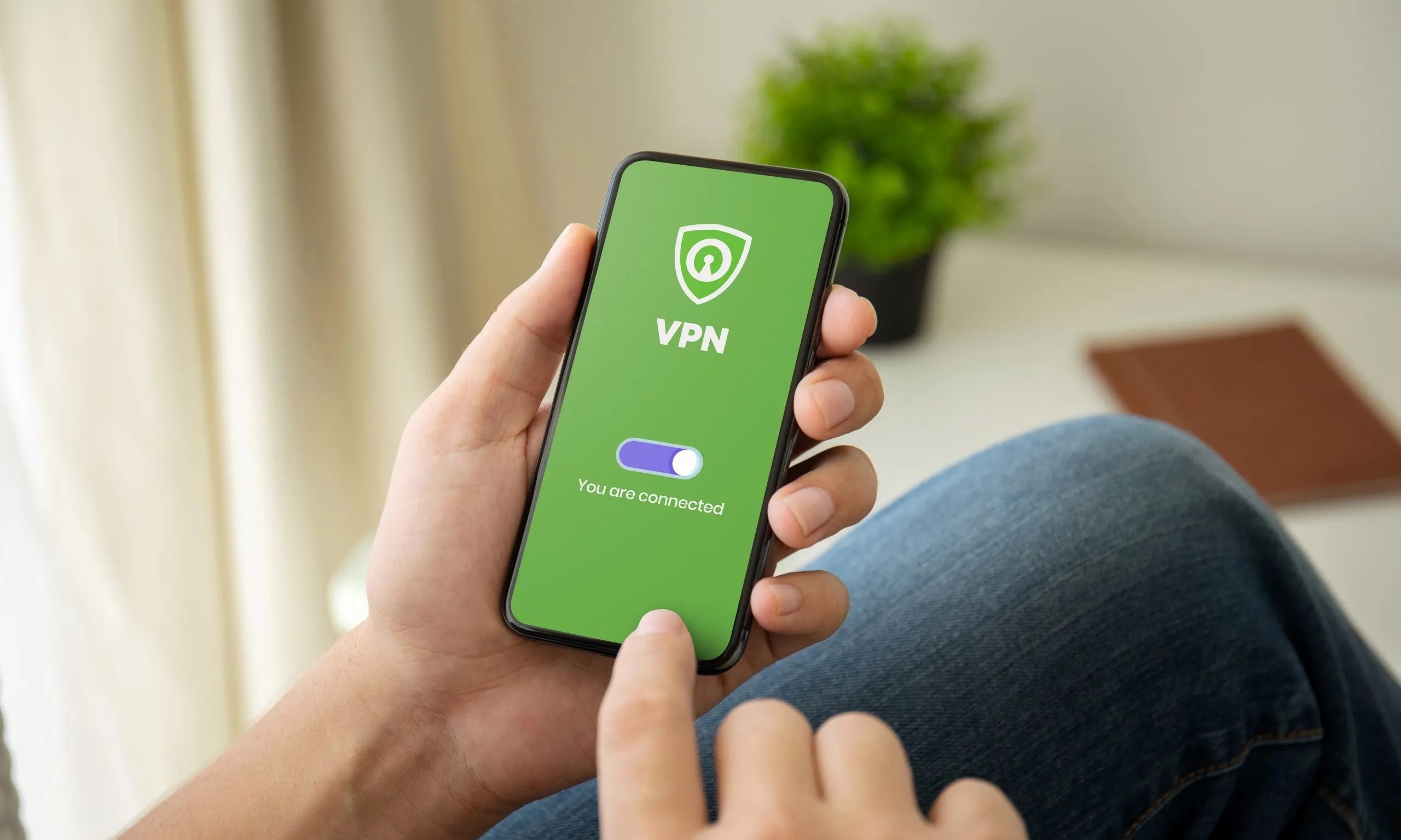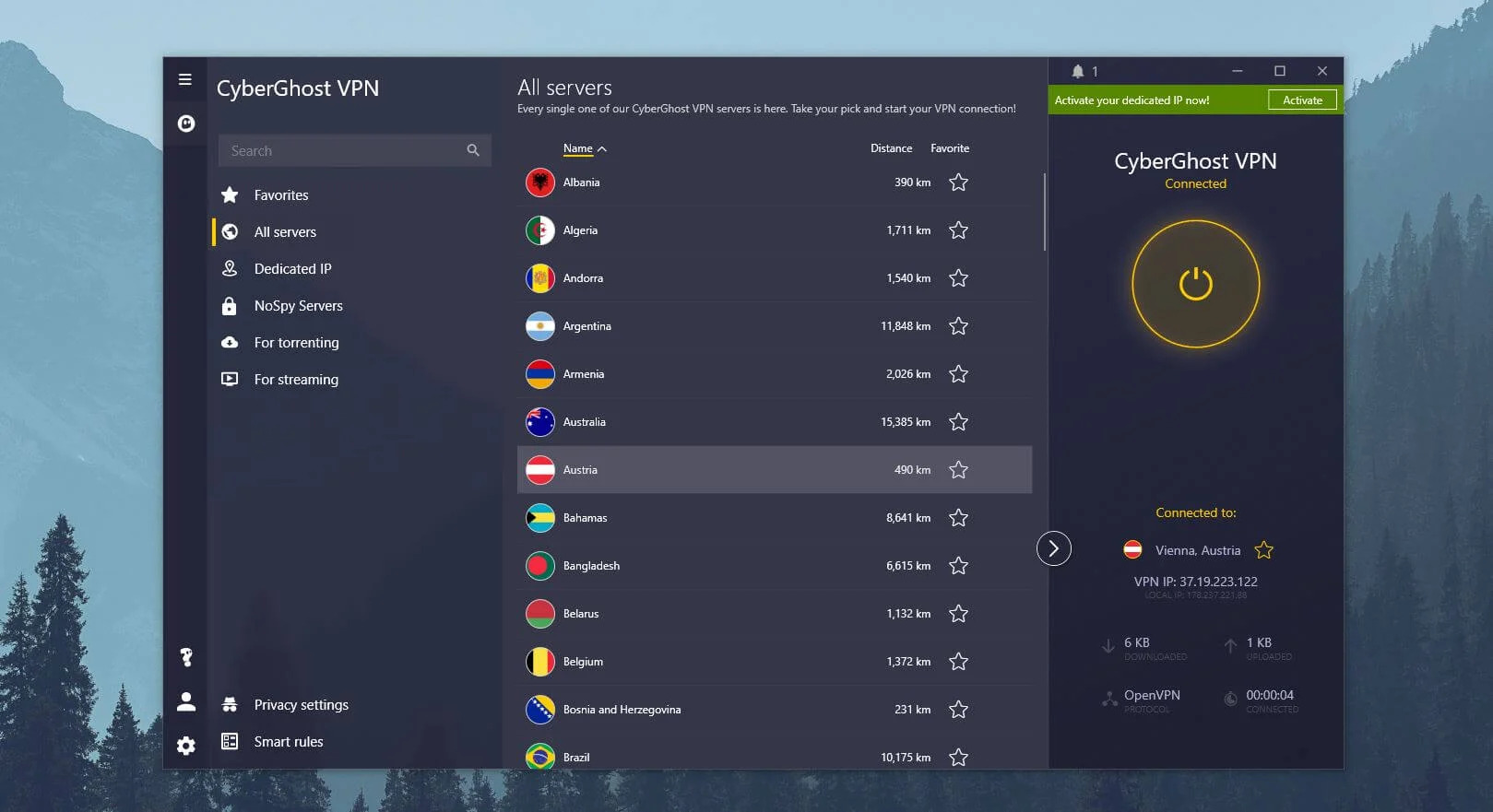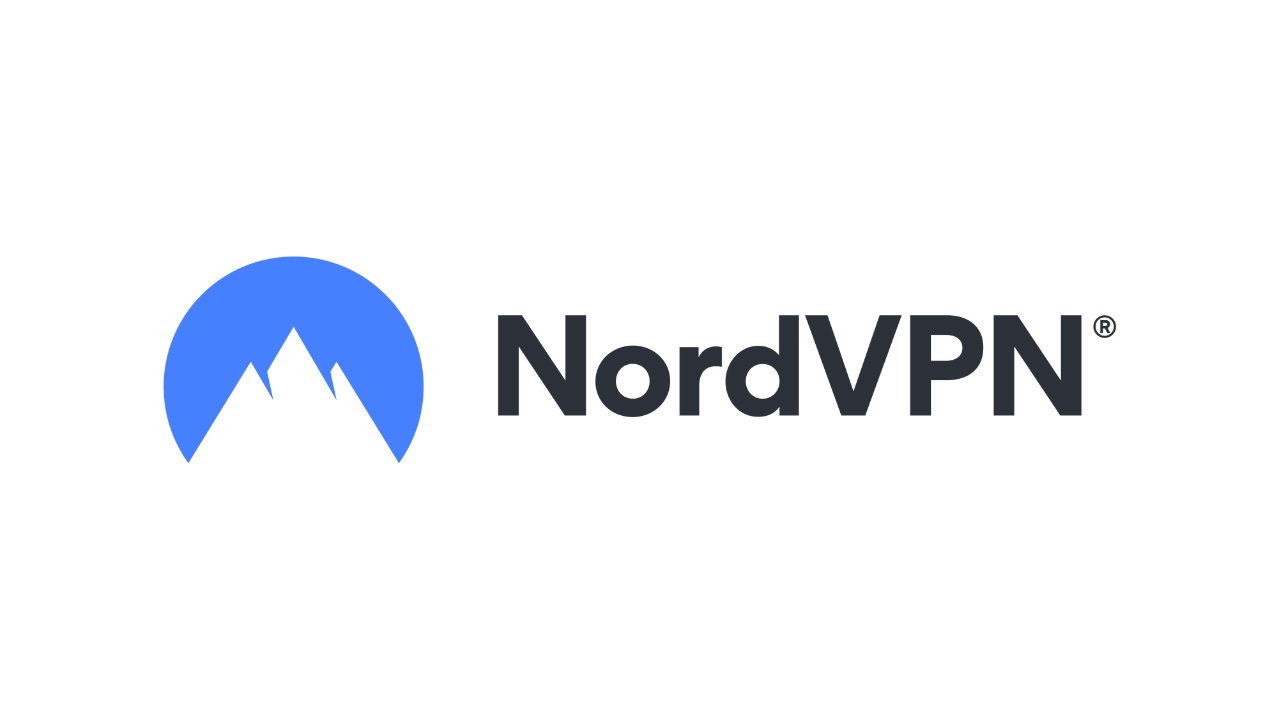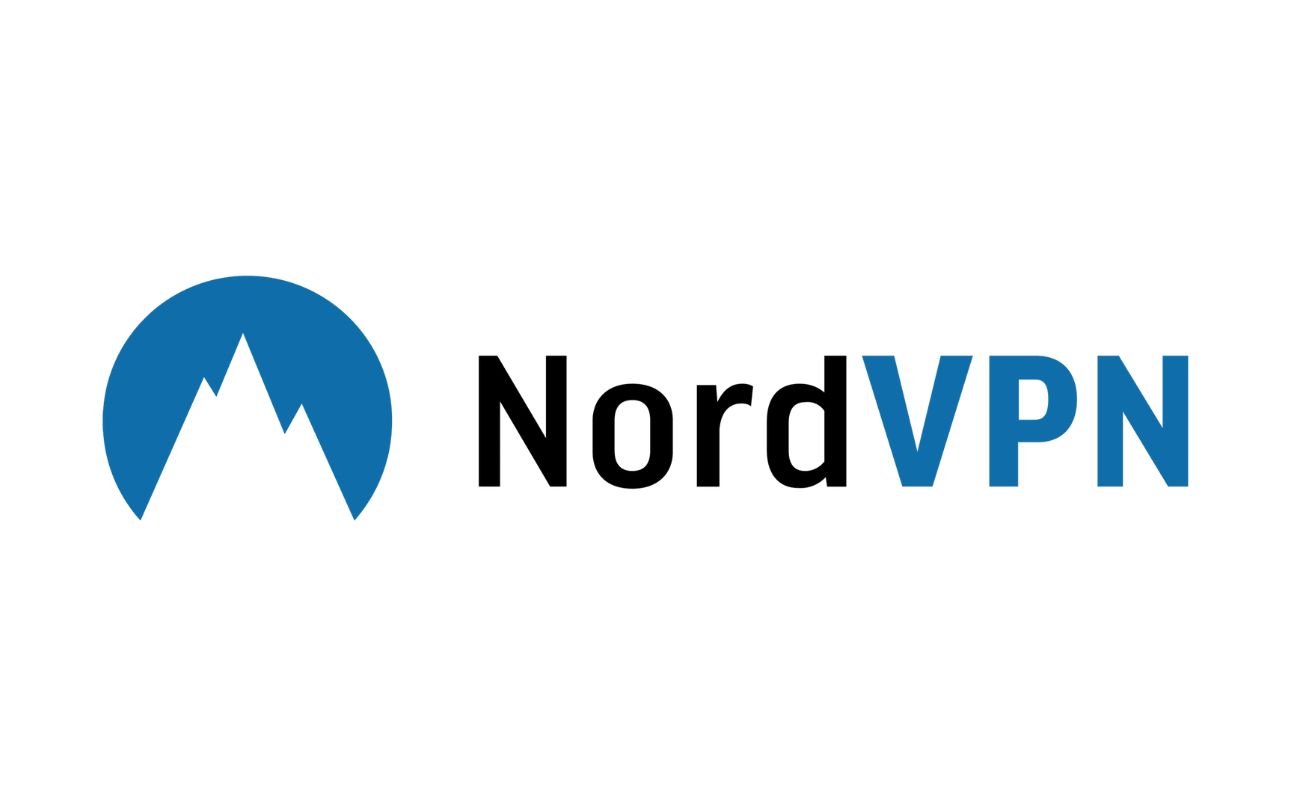Home>Software and Apps>The Advantages of VPN
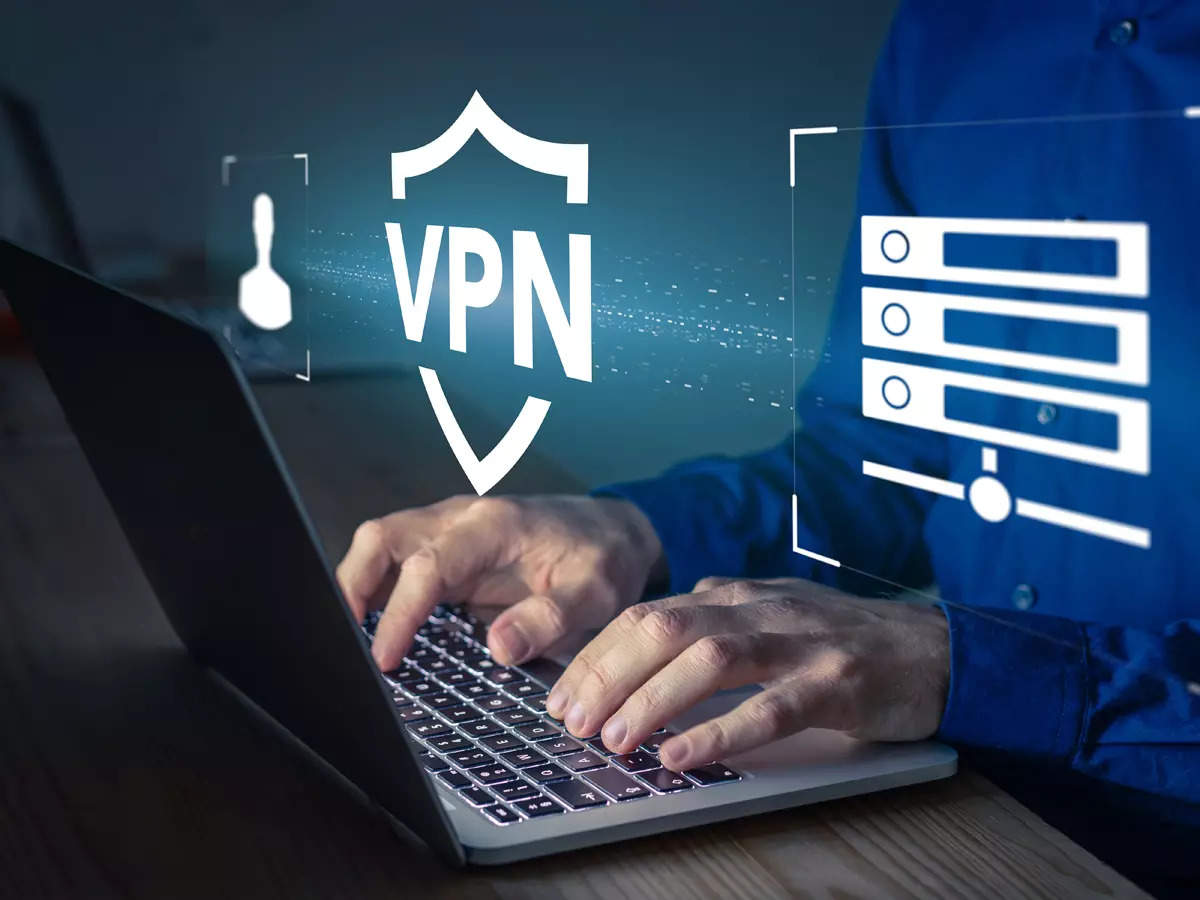

Software and Apps
The Advantages of VPN
Modified: September 5, 2024
Discover the benefits of VPN software and apps for enhanced security, privacy, and unrestricted access to online content. Explore the advantages of using VPN technology today.
(Many of the links in this article redirect to a specific reviewed product. Your purchase of these products through affiliate links helps to generate commission for Techsplurge.com, at no extra cost. Learn more)
Table of Contents
What is a VPN?
A VPN, or Virtual Private Network, creates a secure, encrypted connection between your device and a VPN server. This connection masks your IP address and encrypts your internet traffic, making it difficult for third parties to intercept or monitor your online activities. Essentially, a VPN creates a virtual tunnel through the internet, ensuring that your data remains private and secure.
Read more: The Advantages of Augmented Reality
How Does a VPN Work?
Connection Establishment
When you connect to a VPN, your device initiates a connection with the VPN server. This can be done through various protocols such as OpenVPN, L2TP/IPSec, or PPTP.
Encryption
Once connected, your internet traffic is encrypted using advanced algorithms like AES (Advanced Encryption Standard). This encryption ensures that even if someone intercepts your data, they will not be able to read it.
IP Address Masking
The VPN server assigns you a new IP address, which is different from your actual IP address. This masking makes it difficult for websites and online services to track your location and identify you.
Read more: Which VPN Protocol Encapsulates PPP Traffic Using The Secure Sockets Layer (SSL) Protocol?
Secure Data Transfer
All your internet traffic, including browsing history, emails, and downloads, is routed through the VPN server. This means that any data sent or received is encrypted and protected from eavesdropping.
Advantages of Using a VPN
Enhanced Security
- Data Encryption: The primary advantage of a VPN is its ability to encrypt all your internet traffic. This encryption ensures that even if your data is intercepted, it will be unreadable to unauthorized parties.
- Protection Against Malware: By encrypting your data, a VPN also protects you from malware and viruses that could be transmitted through unsecured networks.
Privacy and Anonymity
- IP Address Masking: As mentioned earlier, a VPN masks your IP address, making it difficult for websites and online services to track your location and identify you.
- No Logs Policy: Many VPN providers offer a no-logs policy, which means they do not store any information about your online activities. This ensures that even if the VPN provider is compromised, your data remains secure.
Read more: Avast VPN: Logging Policy Revealed
Access to Geo-Restricted Content
- Bypassing Geo-Blocks: A VPN allows you to bypass geo-restrictions imposed by websites and streaming services. For example, if you are traveling abroad and want to access content from your home country, a VPN can help you do so.
- Accessing Blocked Websites: In some countries, certain websites are blocked due to censorship. A VPN can help you access these blocked websites by masking your IP address and making it appear as if you are accessing the site from a different location.
Public Wi-Fi Security
- Secure Public Networks: Public Wi-Fi networks are often unsecured and vulnerable to hacking. Using a VPN when connecting to public Wi-Fi networks ensures that your data remains encrypted and secure.
- Protection Against Man-in-the-Middle Attacks: A VPN protects you from man-in-the-middle attacks, where hackers intercept your data and steal sensitive information.
Improved Performance
- Reduced Ping Times: Some VPNs offer optimized servers that can reduce ping times, making them ideal for online gamers.
- Faster Speeds: While some VPNs may slow down your internet speeds due to encryption, many modern VPNs are optimized to provide fast speeds without compromising security.
Legal Protection
- Legal Safeguards: In some countries, using a VPN is illegal or heavily regulated. However, in many places, using a VPN is legal and can provide legal safeguards by protecting your online activities from government surveillance.
Business Benefits
- Remote Work Security: For businesses, using a VPN is crucial for remote workers who need to access company resources securely.
- Compliance with Regulations: Many industries have strict regulations regarding data security. A VPN can help businesses comply with these regulations by ensuring that all data transmitted over the internet is encrypted and secure.
Cost-Effective
- Affordable Solutions: VPNs are often more cost-effective than other security solutions. Many VPN providers offer affordable plans that cater to both personal and professional use.
Choosing the Right VPN
With so many VPN providers available, choosing the right one can be overwhelming. Here are some key factors to consider when selecting a VPN:
Security Features
- Look for VPNs that offer strong encryption protocols like AES-256.
- Ensure the VPN has a no-logs policy to protect your privacy.
Read more: How To VPN Windows 8
Server Locations
- Choose a VPN with servers located in multiple countries to access geo-restricted content.
- Opt for VPNs with optimized servers for gaming or streaming.
Speed and Performance
- Check the VPN’s speed and performance by reading reviews or conducting speed tests.
- Opt for VPNs that offer fast speeds without compromising security.
Customer Support
- Look for VPNs with 24/7 customer support in case you encounter any issues.
- Ensure the VPN provider has a user-friendly interface and easy-to-use apps.
Compatibility
- Ensure the VPN is compatible with your device, whether it’s a Windows PC, macOS, Android, or iOS.
- Check if the VPN supports multiple devices under one subscription.
Read more: Exploring the Power of AWS Site-to-Site VPN
Additional Features
- Some VPNs offer additional features like ad-blocking, anti-tracking, and kill switches.
- Consider what features are important to you and choose a VPN that offers them.
Final Thoughts
While VPNs are incredibly powerful tools for enhancing online security, they are not foolproof. It is essential to remember that no security measure is 100% effective, and it is always important to practice good cybersecurity habits such as using strong passwords, keeping software up-to-date, and avoiding suspicious links or downloads. By combining these habits with the use of a VPN, you can significantly reduce the risk of your data being compromised and enjoy a safer and more private online experience.


